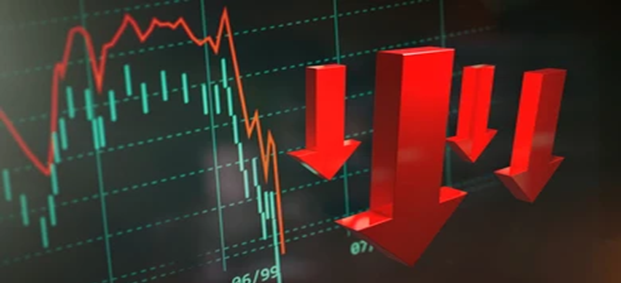Traders can enter and exit positions in the foreign exchange market based on various factors. These factors may include low capital requirements, low entry fees, easy access, and risk/reward ratio. But how do you determine the right currency trading strategy for you? Here are some tips to help you decide. First, make sure you understand the risks involved.
Margin FX trading involves borrowing money
As with all trading methods, margin trading has its advantages and disadvantages. The first one is that it can result in higher trading costs. To calculate the margin required for a particular position, you must divide the amount of equity you hold by the number of shares you are trading. Fortunately, many brokers provide a margin calculator to make the calculation easier.
To start trading, you must first deposit money into your margin account. The amount of money you need to deposit will depend on the percentage of margin required by your broker. Generally, margin percentages are 1% or 2% for accounts that trade 100,000 currency units or more. You should read the fine print carefully before entering into a margin contract.
Using margin is a good way to increase your profits by as much as 40%. It’s a similar concept to using leverage in your investments. By borrowing money, you are taking on more risk than you have. For example, a 5% margin means you are taking on a 20-to-1 leverage.
Low capital requirements
In order to get started in forex trading, it is recommended that you start with a small amount of capital. In general, you should set aside at least $120 to trade, but you can begin with as little as $720 or $2,000. In order to limit your losses, you should use a broker that offers micro-lots.
Despite the ease of use of the internet, many forex traders still face risks. While a small amount of capital may be required to open an account, it is always recommended that you maintain substantial capital in your account. This will help to reduce the possibility of a margin call. It is important to understand what your broker’s minimum capital requirement is. For example, a 2% minimum capital requirement means that you should have at least 2% of your capital in your margin account.
Low minimum deposits are especially beneficial for new traders. While most trading platforms require thousands of dollars to open an account, some of the most reliable online brokers require as little as a few Euros. Low minimum deposits make trading easier for newbies and allow them to experiment with their strategies without spending a fortune. In addition, some of the most successful online brokers have no minimum capital requirements at all.
Easy entry
One of the easiest ways to enter the Forex market is to open an account with a broker. However, before you can open a brokerage account, you need to educate yourself about the Forex market and your financial situation. Then, you need to decide on a trading strategy based on your own risk tolerance and financial stability. Fortunately, it is easier than ever to fund your account online.
Many forex brokers allow retail traders to deposit funds and then borrow against this amount. This is similar to how you would borrow against a mortgage in property trading. The amount of leverage you can use is expressed as a ratio. However, most regulated forex brokers limit the maximum leverage you can use. Typically, the maximum leverage is one to fifty, or 1:30. This means you can trade up to PS50 for every PS1 you deposit. It is important to note that higher leverage can lead to greater losses.
The largest banks and financial institutions are the ones doing most of the trading, and they have access to more information, technology resources, and leverage than individual traders. Retail traders, however, are still under the influence of market movements and need to conduct some study before getting started. In addition to capital, you will also need a brokerage account and computing power.
Risk/reward ratio
Risk/reward ratio is a vital trading benchmark. This ratio helps you decide where to set your stop-loss and profit booking points. By calculating the ratio correctly, you can earn handsome returns and minimize the risk of loss. Listed below are some common examples of trades.
Risk/reward ratio is important for new traders as it helps them decide how much they are willing to risk. However, more experienced traders are free to choose their own entry and exit points. The risk-reward ratio is an important part of the Forex trading process. A good risk-reward ratio should be around one to three.
The risk/reward ratio can be calculated by weighing the expected gain against the potential risk. In other words, a 1:5 risk/reward ratio means that you’ll risk $1 for the chance of earning $5. It’s also referred to as the expected return. This metric is important to consider when managing risk, especially when trading in volatile markets.






Facebook Comments